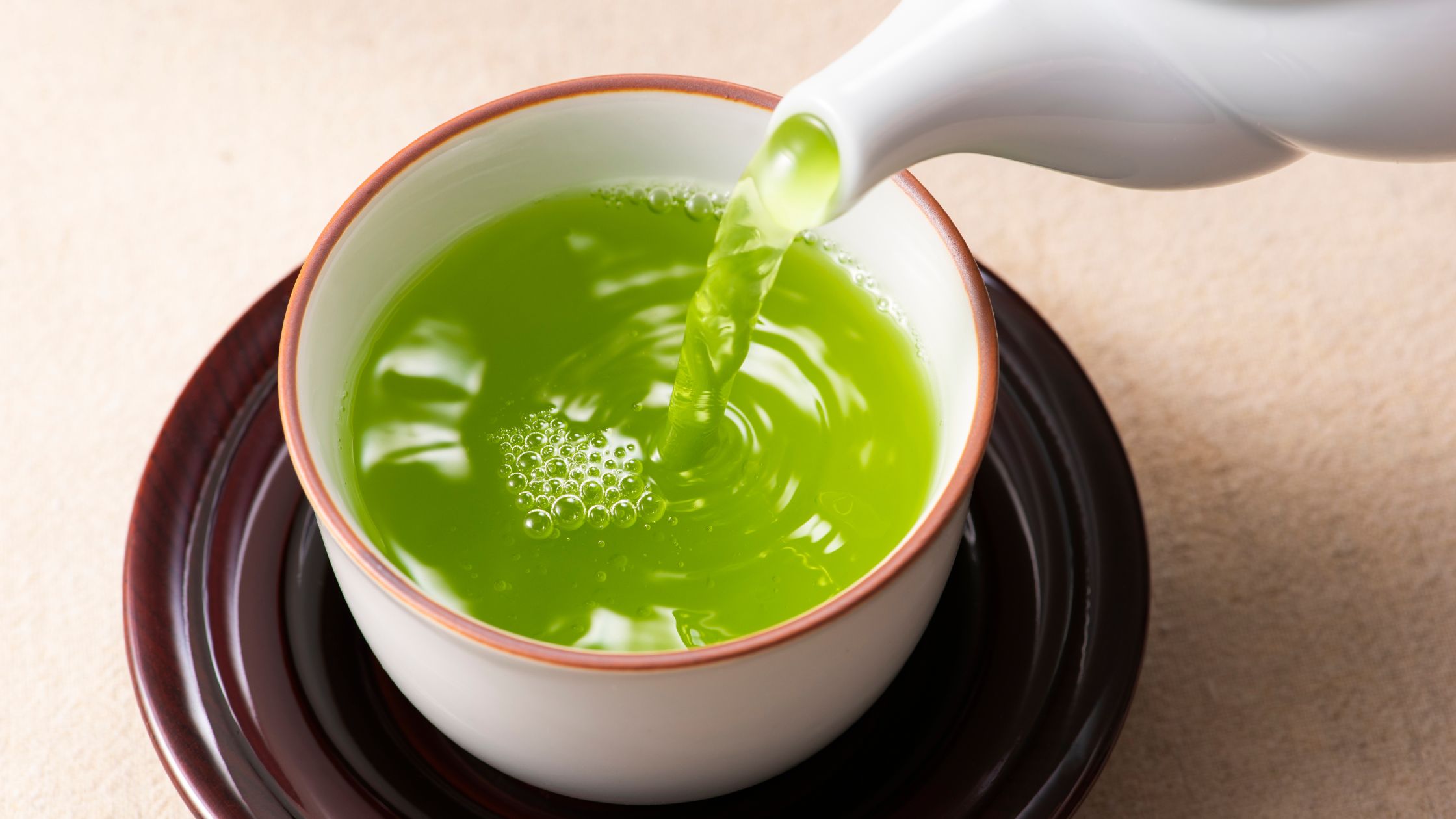How Long Before Bed Should I Stop Drinking Caffeine?
Do you love your daily cup of coffee or tea? Or maybe you like to indulge in an energy drink or soda from time to time? If you’re someone who enjoys caffeine, you might be wondering how it could be affecting your sleep. While caffeine can provide a much-needed boost of energy during the day, it can also interfere with getting a good night’s sleep. In this article, I’ll explore how caffeine affects your sleep and how long before bed you should stop drinking caffeine.
How Does Caffeine Affect Your Sleep?
Caffeine is a stimulant that works by blocking the effects of adenosine, a chemical in the brain that promotes sleepiness. As a result, caffeine can make you feel more alert and awake. However, the effects of caffeine can last for hours, and if you consume caffeine too close to bedtime, it can interfere with your ability to fall asleep and stay asleep.
Even if you are able to fall asleep after consuming caffeine, the quality of your sleep may be compromised. Caffeine can disrupt the natural stages of sleep, including REM sleep, which is important for memory consolidation and learning. It can also make you more likely to wake up during the night, leading to fragmented sleep and next-day grogginess.
How Long Before Bed Should You Stop Drinking Caffeine?
So, how long before bed should you stop drinking caffeine? The answer is that it varies from person to person. According to the FDA, caffeine has a half-life of about 5-6 hours. This means that it takes this amount of time for your body to eliminate half of the caffeine you’ve consumed. After 10 hours, your body will have eliminated 75% of the caffeine.
Health experts generally recommend that you stop drinking caffeine at least 6 hours before bed to allow the effects of the caffeine to wear off. However, some people may be more sensitive to caffeine than others and may need to stop consuming caffeine even earlier in the day to avoid disrupting their sleep.
Other Factors to Consider
While the half-life of caffeine is an important factor to consider, there are other factors that can affect how caffeine affects your sleep. For example, your age, weight, and metabolism can all play a role in how quickly your body processes caffeine. Additionally, the amount and type of caffeine you consume can also impact its effects on your sleep.
It’s also important to consider the timing of your caffeine consumption. Drinking caffeine earlier in the day is generally better than consuming it later in the afternoon or evening. This is because the effects of caffeine can last for several hours, and consuming it too close to bedtime can make it harder to fall asleep.
Tips for Managing Your Caffeine Consumption
If you’re someone who enjoys caffeine but wants to improve your sleep, there are several strategies you can try. Here are a few tips for managing your caffeine consumption:
1. Limit your caffeine intake
If you’re drinking multiple cups of coffee or other caffeinated beverages each day, try cutting back to just one or two. This can help you avoid consuming too much caffeine, which can disrupt your sleep.
2. Consider switching to decaf
If you enjoy the taste of coffee or tea but want to avoid caffeine, consider switching to decaf versions of your favorite beverages.
3. Watch your timing
Try to consume caffeine earlier in the day and avoid consuming it in the afternoon or evening, especially if you’re sensitive to its effects.
4. Keep track of your caffeine intake
If you’re not sure how much caffeine you’re consuming each day, start keeping track. You can use an app or simply jot down how much caffeine you’re consuming and when.
5. Be mindful of hidden sources of caffeine
Caffeine is not just found in coffee and tea – it can also be found in energy drinks, soda, and even some foods. Be mindful of these hidden sources of caffeine and try to limit your consumption.
6. Try alternative beverages
If you’re looking for a warm beverage to enjoy before bed, try herbal tea instead of coffee or regular tea. Herbal teas are naturally caffeine-free and can help you relax and unwind before bed.
7. Talk to your doctor
If you’re still struggling with getting good sleep despite making changes to your caffeine consumption, it may be worth talking to your doctor. They can help you explore other strategies for improving your sleep, such as cognitive-behavioral therapy for insomnia or medications.
References
- Drake, C., Roehrs, T., Shambroom, J., & Roth, T. Caffeine Effects on Sleep Taken 0, 3, or 6 Hours before Going to Bed. Journal of Clinical Sleep Medicine : JCSM : Official Publication of the American Academy of Sleep Medicine, 9(11), 1195-1200. https://www.ncbi.nlm.nih.gov/pmc/articles/PMC3805807/
- How Much Coffee Is Good For You?
- Spilling the Beans: How Much Caffeine is Too Much? | FDA. https://www.fda.gov/consumers/consumer-updates/spilling-beans-how-much-caffeine-too-much






